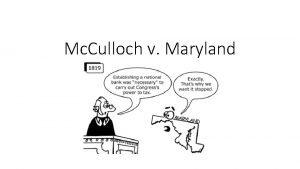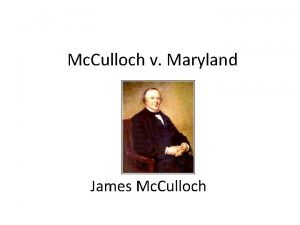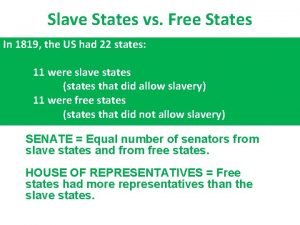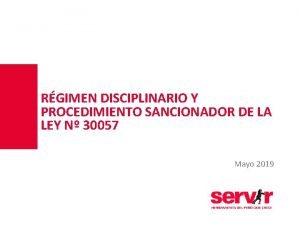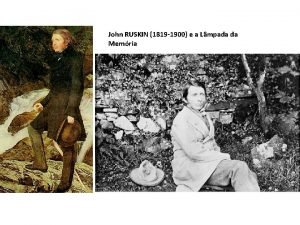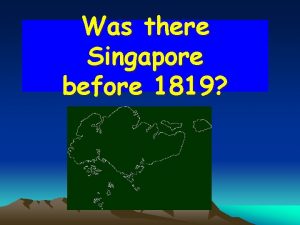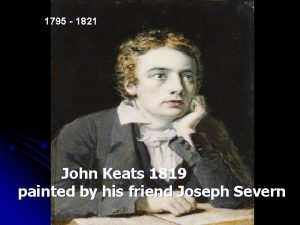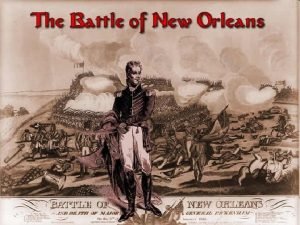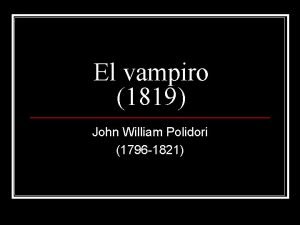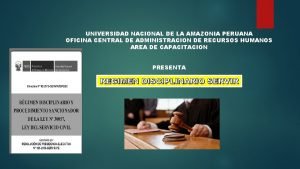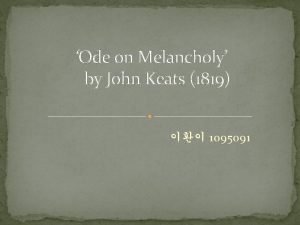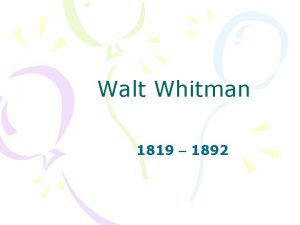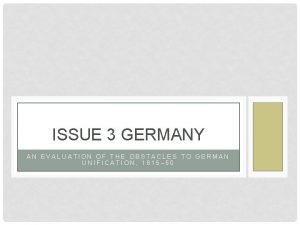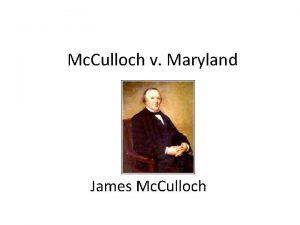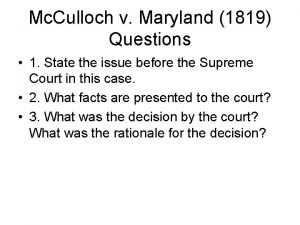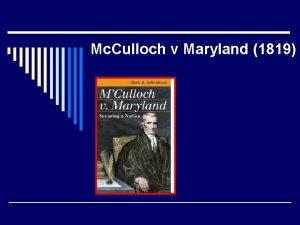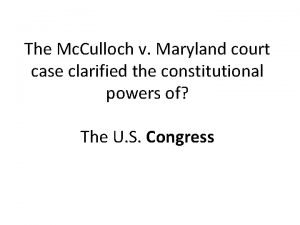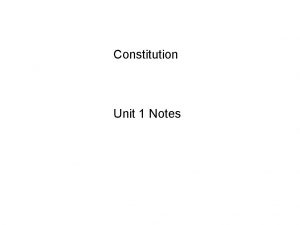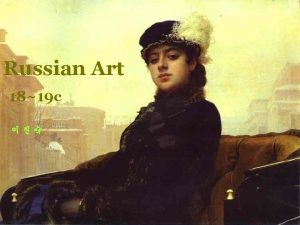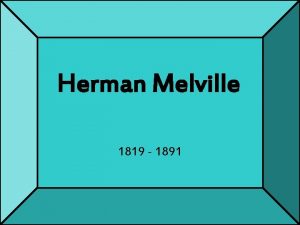Mc Culloch versus Maryland 1819 Main Ideas Federal














- Slides: 14

Mc. Culloch versus Maryland (1819) Main Ideas: Federal Government Implied Powers

Standard 11. 1. 3 o. Understand the history of the Constitution after 1787 with emphasis on federal versus state authority and growing democratization.

o Film Clip: Mc. Culloch versus Maryland (1819)

National Bank o 1791, the U. S. X government created the first national bank o Third President – Thomas Jefferson closed the bank o Fourth President – James Madison created a second bank of the United States in 1816

National Bank Gets Criticized o Many branches of the bank of the United States opened up across the nation o States did not like the national bank because it competed with state banks and people were scared of corruption

Maryland’s Plan o State of Maryland tried to close a branch of the Bank of the United States by making that branch pay $15, 000 in taxes o State of Maryland hoped that the bank would go bankrupt o James Mc. Culloch worked at the Baltimore branch of the Bank of the United States and he refused to pay the tax

Maryland’s Argument o State of Maryland said that there was no permission in the Constitution for the national government to create a national bank. o Article I, Section 8, Clause 18 of the Constitution lists the powers of Congress. It says nothing about creating a national bank.

Mc. Culloch’s Argument o the power to create a national bank was a "necessary and proper" power of Congress. o There is nothing in the Constitution about a national bank; however at the time the bank seemed “necessary” o Therefore, creating a national bank is an implied power of Congress.

Who was involved? o Mc. Culloch cashier for Second Bank of the United States o State of Maryland was trying to tax the Bank of the United States o Mc. Culloch issued bank notes without paying the tax Maryland had passed

The Cause of the Case 1. Can the State of Maryland tax the federal government? 2. Who has more power, the state or federal government? Federal Government Maryland

The Effects 1. Federal (national) government had implied powers 2. National government is superior to the state government John Marshall

o. What is another way that this Supreme Court case has affected the U. S.

Define Implied Powers o. Powers not specifically stated in the constitution o“necessary & proper”

Define enumerated powers o. Those powers that are given to the National government that are written in the Constitution
 Mc culloch v maryland
Mc culloch v maryland Mc culloch v maryland
Mc culloch v maryland England in 1819
England in 1819 How many slave states were there in 1819
How many slave states were there in 1819 Informe técnico 1466-2017-servir-gpgsc
Informe técnico 1466-2017-servir-gpgsc John ruskin biografia
John ruskin biografia Singapore before 1819
Singapore before 1819 John keats 1819
John keats 1819 Squirrel guns 1814
Squirrel guns 1814 El vampiro 1819
El vampiro 1819 Informe técnico nº 1819-2018-servir-gpgsc
Informe técnico nº 1819-2018-servir-gpgsc She dwells with beauty beauty that must die
She dwells with beauty beauty that must die Walt whitman born in new york in 1819
Walt whitman born in new york in 1819 Karlsbad decrees 1819
Karlsbad decrees 1819 Central/main idea
Central/main idea
